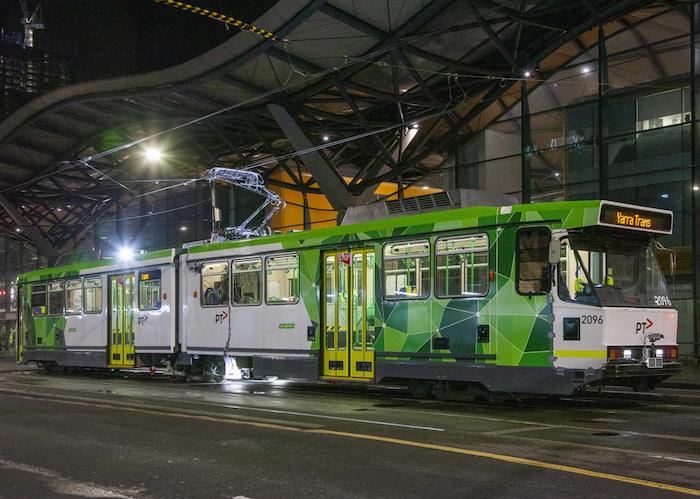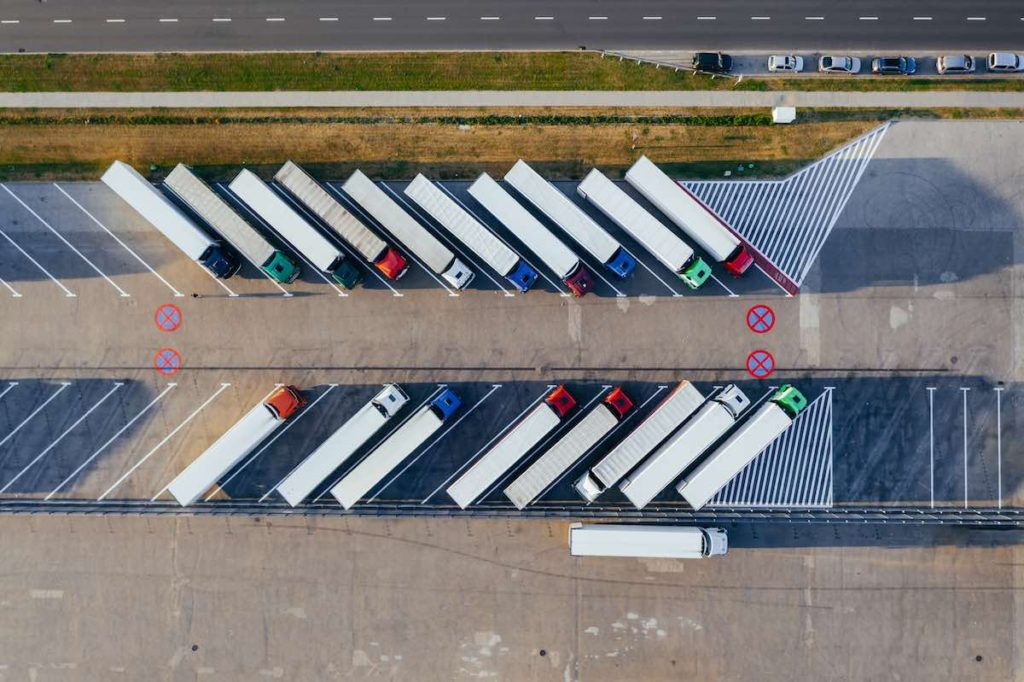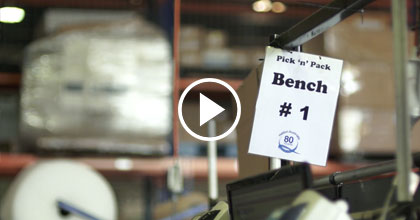How Will Industry 4.0 Transform Your Operation?
The best way to understand the concept of smart factories/smart manufacturing is to think about how it could be implemented in your business. There are a variety of use cases to help illustrate and understand the value industry 4.0 can offer. We suggest taking small steps towards your technology implementation solutions gauging what works for you and your business, remembering to involve your people at every step of your Lean Industry 4.0 journey.
Asset Tracking and Optimisation – i4.0 offers solutions to help manufacturers become more efficient with assets at each stage of the supply chain. Giving the ability to be able to track inventory down to singular items, allowing for better quality control and optimisation of your supply chain.

Using technologies like RFID tags and tracking software it can turn stock control into autonomous tasks a computer can analyse and report back to the end-user. Offering the user information about its location in the supply chain, its weight, size and point of origin.
An interesting use case is chocolate manufacturers using asset tracking to optimize their production processes for quality, tracking the types of moulds used, communicating maintenance predictions and assigning tasks to workers without the intervention of a human.
Predictive Maintenance/Analytics – i4.0 is bringing about predictive maintenance where potential problems with machinery are logged and tracked in real-time. Letting humans in the system know well in advance before the machinery causes a problem to production.

Predictive maintenance allows for a more automated and streamline maintenance process permitting systems to sense problems before becoming major issues. Predictive analytics allows businesses to not only ask questions like ‘what has happened’ or ‘why did this happen?’ but take it a step further by asking ‘what is going to happen?’ or ‘what can we do to prevent this in the future?’
The world’s largest tram network in Melbourne, Australia employs a ‘Spy Tram’ with state-of-the-art 3D lasers, sensors, scanners and cameras collecting information about the condition of a range of assets. The ‘Spy Tram’ combs the network from the smoothness of the rail, quality of tram stops and even where foliage needs to be maintained.
Supply Chain Management and Optimisation – Completely traceable supply chains will become the new normal with businesses being able to gain better insights, control and visibility across the end-to-end supply chain.

Supply Chain Optimisation will be key to delivering products and services to market faster, cheaper and with better quality than the competition. Businesses are increasingly using supply chain optimization to deliver better value for their customers. Plus.ai have just completed the first-ever United States cross country delivery of butter with a level 4 autonomous truck.
Supply Chain 4.0 will bring about full integration of all aspects of the supply chain. Machines in the factories will provide constant feedback on production capacity and shipment production status. Driver-less trucks move goods to warehouses, with live transit updates via satellite link. Automated warehouses are becoming the norm with Amazon using autonomous pallet movers with sensors to navigate the numerous interconnected pallet movers avoiding accidents.
Are you Ready?
Industry 4.0 is bringing about dramatic changes to the way businesses are working. Humans will focus less on tedious, repetitive tasks and more time on complex business decisions like solving customer-facing problems. If you are having trouble thinking about where to start, take small incremental steps when implementing new technology to filter what works and what doesn’t in your application of Lean Industry 4.0 tools. TXM can help you understand and overcome the barriers to implementing Lean Industry 4.0.






